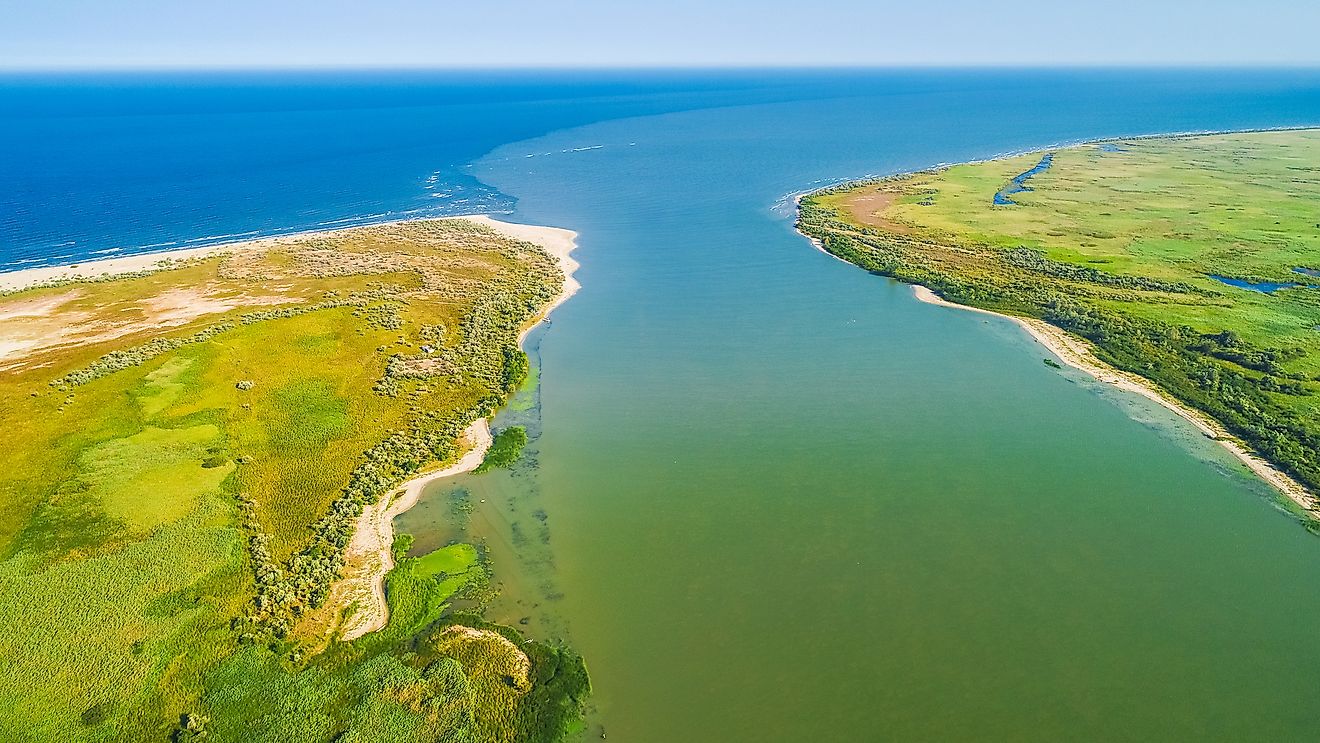What Exactly Is Ecotourism?

What Is Ecotourism?
Ecotourism refers to responsible tourist activities that conserve the environment and assist the local population. It involves protecting the natural environment as well as empowering the people living within the ecosystem. With the ongoing debate on minimizing climate change and conserving the environment, ecotourism has become a popular choice for many people to travel the world. The principles of ecotourism include reducing the adverse impacts of tourism on the environment, empowering the communities involved, financing conservation efforts, and providing cultural and educational knowledge. The concept of ecotourism rose from the fact that the constant flow of tourists is not always good for the environment since human activities gradually degrade the ecosystem.
The Principles Of Ecotourism
Ecotourism is all about bringing together nature, wildlife, conservationists, tourists, and local communities to create a sustainable ecosystem and develop long-term sustainability programs rather than short-term profit-making industries. The objective is to develop tourist activities, attractions, and accommodations that benefit every stakeholder. With this in mind, the tourism industry has developed a set of guidelines that align with those developed by the Global Sustainable Tourism Council.
Develop Cultural And Environmental Awareness
Awareness is an essential aspect of ecotourism for visitors and locals alike. Most educational efforts focus on sensitizing people concerning environmental issues and encourage them to be conscious of the effects of their activities. Tour operators ought to create conservation programs for local schools to help students deepen their knowledge of environmental conservation. Immersive interactions with the local people and culture help create a common understanding that emphasizes on building long-term relationships.
Develop Eco-friendly Facilities
In the golden days, environmental conservation was emphasized by the adage “take only pictures, leave only footprints,” but today’s programs emphasize sustainability and minimizing the carbon footprint of the tourism industry. The aim is to use renewable sources of energy and ensure that construction materials are sourced locally to benefit the local population. Construction of tourist facilities such as hotels should not influence the behavior of animals or damage the environment by pollution.
Financial Benefit For Conservation
Using revenue generated from ecotourism to fund the conservation of wildlife and nature is not a new approach. The United States National Park Service has used this strategy since it was established more than 100 years ago. Over 6,000 national parks in more than 100 countries across the globe have adopted the approach. Proper management of these funds can help conservation efforts such as restocking and introduction of animals, construction of fences, better anti-poaching programs, and fund development in local communities.
Empowering The Locals
Ecotourism seeks to empower the local people by providing an alternative source of income to poaching and degradation of the natural ecosystem. However, this is not always the case, as some initiatives have created more problems than solutions. Poorly managed and implemented programs lead to an uneven distribution of profits, conflict over resources, and cultural exploitation. Responsible ecotourism must have an economic impact on the local people directly through admission and tour fees or indirectly through accommodation and taxes.
Benefits Of Ecotourism
Ecotourism seeks to promote good tourism practices that minimize adverse effects on the environment. Small adjustments, such as regulating the number of visitors to a site or banning the use of certain products such as sunscreen, can have huge benefits. The effort to tame these behaviors allow the ecosystem to survive longer. Sustainable tourism also seeks to promote the interaction and adoption of local culture to minimize the use of natural resources such as water. Costa Rica is a perfect example of how ecotourism can benefit the environment and promote sustainable tourism. Tourists can visit wildlife reserves, volcanoes, beaches, and rainforests without requiring modern infrastructure.
Examples Of Ecotourism
Ecotourism is practiced differently across the world, but the primary objective is to conserve the environment and promote sustainable tourism. The island of Madagascar is popular for it is a biodiversity hotspot and therefore attracts many tourists, but at the same time, it has a high priority for conserving the environment and reducing poverty. About 90% of plants and 80% of animals are native to the island, including the lemur. The government has set up ecotourism initiatives to conserve the environment and ensure that the people benefit from the large numbers of tourists visiting the country in a bid to curb poverty.
The Komodo National Park in Indonesia is another ecosystem where ecotourism has been implemented to the advantage of the park and the neighboring communities. The park was established in 1980 to protect the endangered and unique biodiversity. Tourist activities, including whale watching, swimming, hiking, and accommodation, thrive to protect the natural environment. The construction of modern facilities is minimized, and tourists spend time in villagers’ houses and makeshift camps where they interact with the local people and learn their language and culture. Ecotourism has become popular in South and Central America as these regions experience large numbers of tourists, who, after a long time, pose a threat to the natural and historical environments.
Criticisms
Despite the numerous benefits of ecotourism, it has been criticized for being theoretically appealing and practically impossible to implement. There is no clear definition of ecotourism, and it is, therefore, difficult to qualify a trip as one. Additionally, words such as “green,” “friendly,” and “low impact” tourism are often mistaken for ecotourism, but they do not meet the outlined principles. Critics argue that an increased number of tourists to an ecosystem without proper management and planning in the name of ecotourism is doing more harm than good. The construction of modern infrastructures such as roads and restaurants contribute to environmental degradation. Critics further argue that ecotourism is not creating a significant economic impact as most people living close to these areas continue to linger in poverty. Furthermore, it creates a community that depends on a single source of income rather than a diversified one. Nevertheless, ecotourism is a culture that is gaining popularity across the world, especially at this moment when global warming, climate change, and pollution are issues of great concern.











